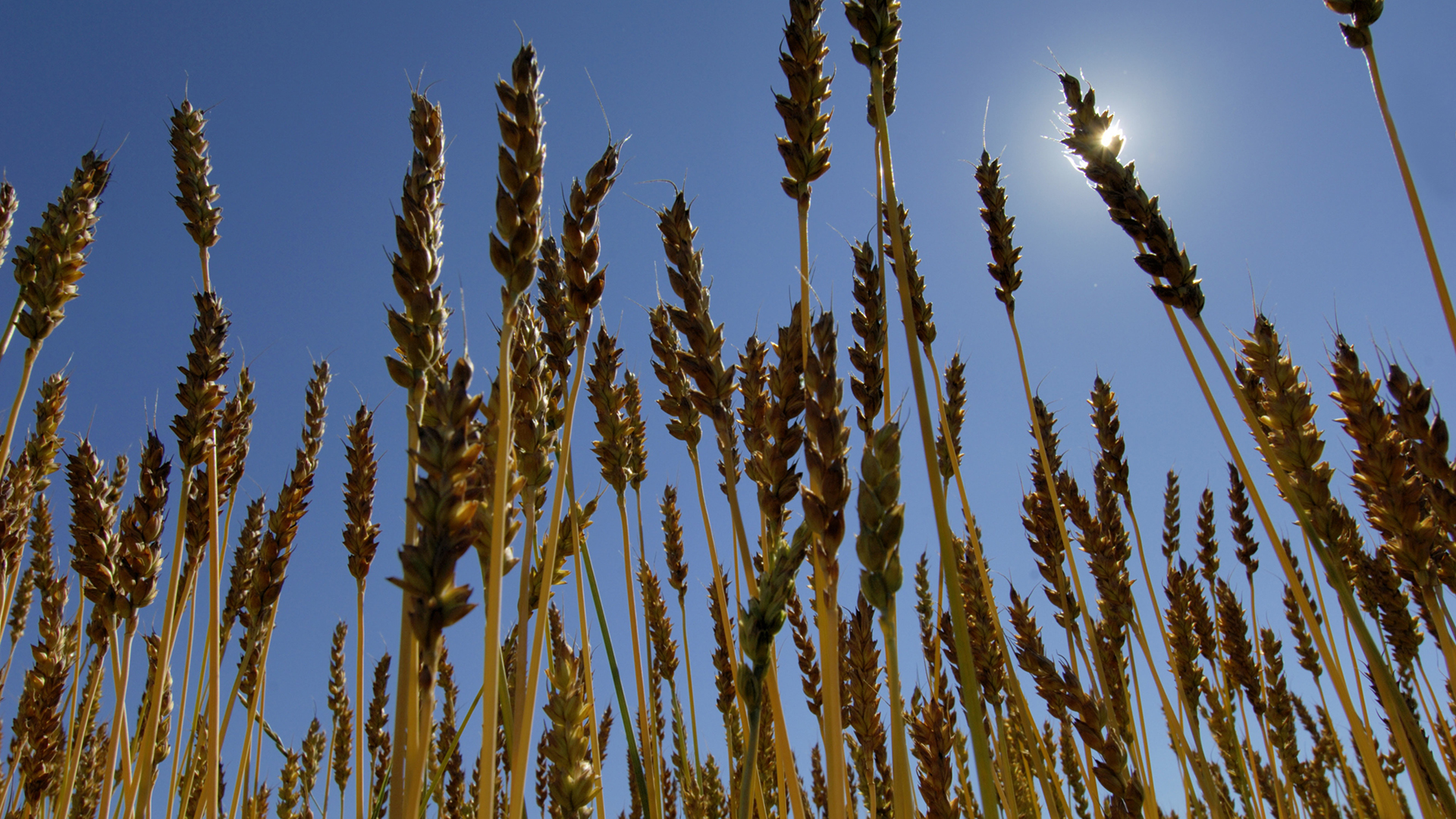Last week, the United States Supreme Court ruled, by a 6-3 vote, that a California regulation granting labor organizations a right to access agricultural employers’ property to solicit union support constituted a physical taking under the Fifth and Fourteenth Amendments. Cedar Point Nursery v. Hassid arose out of a challenge by two California growers, Cedar Point Nursery and Fowler Packing Company, to the California Agricultural Labor Relations Act of 1975 and related regulations. Specifically, the growers took aim at a regulation which permitted labor organizations a “right to take access” to an agricultural employer’s property up to three hours per day, 120 days every year, in order to solicit support for unionization of its employees. Arguing that the regulation amounted to an easement for union organizers to enter their property, the growers sought a determination that it was a taking and thus required compensation. Both the district court and the Ninth Circuit dismissed the growers’ complaint, holding that the access regulation was not a takings because it did not allow permanent access to their property. The Supreme Court disagreed.
In doing so, the Court considered whether this regulation was a restriction on the owners’ use of their land, or whether it was a physical taking of that land—known as a per se taking. Generally, when the government imposes restrictions on an owner’s ability to use its own property, a number of factors are considered to determine whether the government must compensate the land owners. But when the government physically appropriates property, rather than simply restricting its use, a court will require compensation without regard to those factors. The Court in Cedar Point found the latter applied here.
In holding that the growers’ complaint properly stated a claim for an uncompensated taking, the Court found that California’s access regulation appropriated a right to invade property, thus depriving property owners of their right to exclude, which the Court described as a “fundamental element of the property right.” Specifically, rather than restraining the growers’ use of their own property, the regulation “appropriates for the enjoyment of third parties (here union organizers) the owners’ right to exclude,” which is “a fundamental element of the property right.” The government appropriated that right by giving labor organizers the right to physically invade the growers’ property—to literally “take access.” As such, this constituted a per se physical taking.
The Court dismissed the lower courts’ reasoning that the regulation was not a taking because it did not allow for permanent and continuous access to the growers’ property. Instead, the Court held that a physical appropriation is a taking whether it is permanent or temporary, and its duration bears only on the amount of compensation owed. That the California access regulation only permits access to union organizers for a limited time and purpose (and does not constitute an easement under California law) does not allow the government to escape paying appropriate compensation for that access.
Finally, the State argued that treating the access regulation as a per se physical taking would endanger a number of state and federal government activities involving entry onto private property. The Court flatly rejected these arguments, noting that its decision does not impact laws concerning trespass, government health and safety inspections, or access requirements given in exchange for certain government benefits.
How California responds to this ruling remains to be seen. Theoretically, the state could compensate property owners each time labor organizers enter their property in order to solicit union support; however, the cost of such compensation—and the willingness of the legislature to foot the bill—is uncertain.



